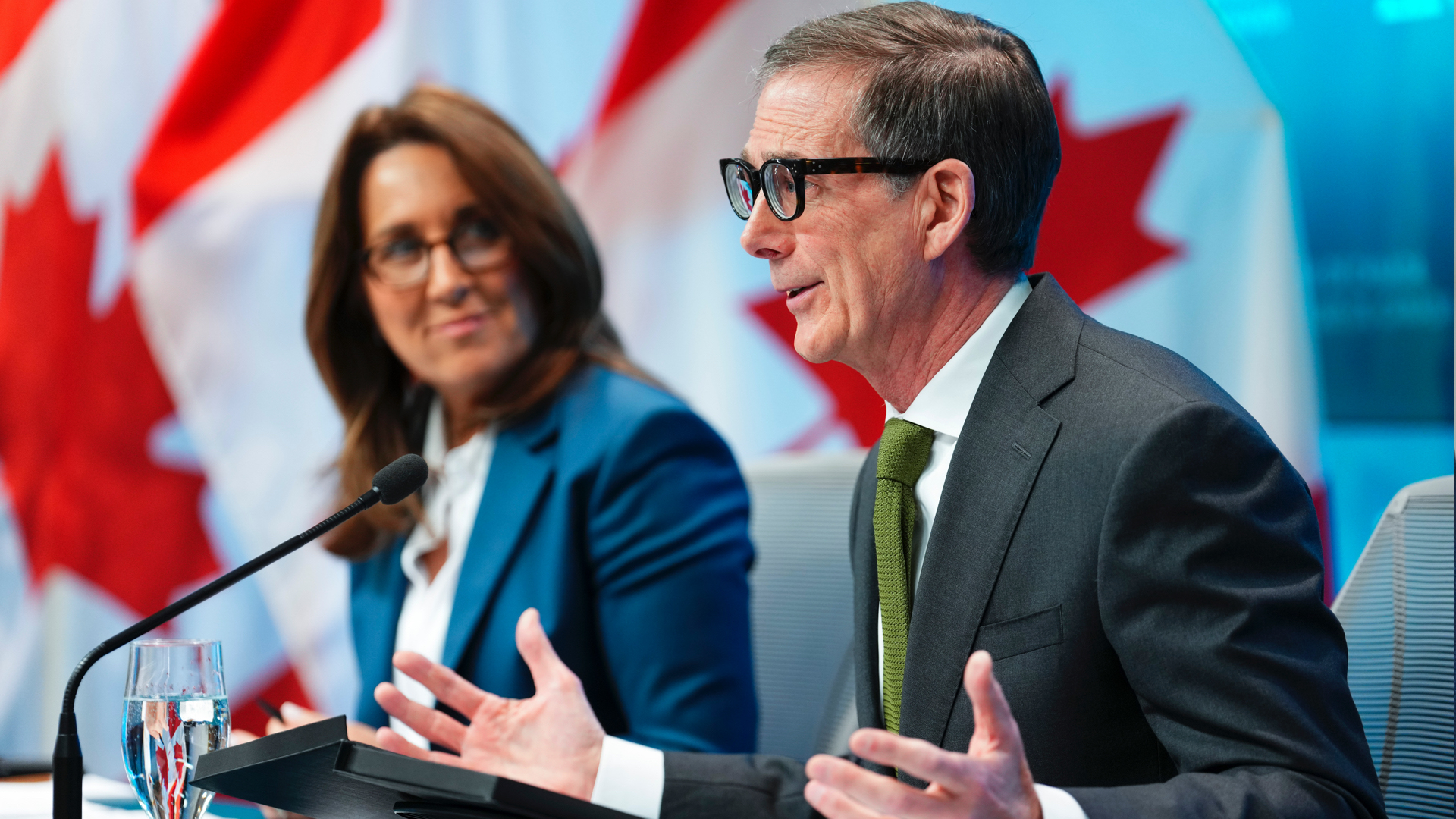
Gordon Betcherman | February 14, 2014
A sudden media storm has blown up over whether to raise the minimum wage. Ontario’s Liberal government now plans legislation to increase the province’s minimum wage by 75 cents to $11 an hour. In the US, President Barack Obama made higher minimum wages a central theme of his State of the Union pledge to reduce economic inequality, saying “it is time to give Americans a raise.” The debate extends beyond North America: higher minimum wages are now being hotly debated in countries from Britain to Bangladesh.
Yet like so many of our public policy debates, this one has taken the form of parallel monologues, another front in our ideological wars over economic policy. The debate follows a standard course. On one side, the calls for higher minimum wages are based largely on demands for greater social and economic equality. The increase in “bad jobs” and minimum wages that have not kept up with inflation, the argument goes, is swelling the ranks of the working poor. Nobody who is working should have to toil for wages that leave them in poverty. And minimum wages play easily into the politically charged inequality debate: a higher wage floor would help even things out, some argue, at a time when a disproportionate share of income gains is going to high earners.
Those on the other side counter that a rise in the minimum wage will hurt – not help – the poor. They argue that basic economic principles mean the demand for anything will decline if the price rises – in other words, higher minimum wages will only result in fewer job opportunities for workers at the low end of the labour market. Poverty won’t be reduced by hikes in the minimum wage, they claim, because most of the workers who would benefit are young people who may still be living at home and are not economically independent.
These entrenched faiths never converge toward real dialogue or seek a consensual solution. The result is that minimum wage policies always get set according to the political beliefs of the governing party, with little attempt to make policy choices based on evidence.
It does not have to be like this. There is a large body of serious, empirical research on the minimum wage and its effects in Canada, the US and internationally that could reconcile the two camps – if only they would take the time to consult it.
What does this research tell us?
First, that minimum wage increases have rarely been a serious job killer. Certainly, there are examples of them reducing employment, especially for young people, though such job losses have not been extensive. But there have also been cases where it has had no negative effect on employment.
Why haven’t minimum wage increases been the job killer that detractors claim they are? For one thing, while employers could respond to higher minimum wages by cutting back on employment, in practice they often choose other responses, such as training to raise the productivity of workers or substituting more skilled workers for less skilled ones.
But more importantly, policy-makers tend to be aware of the risks of very high minimum wages and usually set the increases accordingly. While the impact of minimum wage levels can vary according to the country context, research suggests that keeping the rate in the range of 40-60 percent of the median wage is unlikely to produce serious job losses. Minimum wages in Canadian provinces are within this range. In Ontario, for example, the minimum wage has been in the range of 45-50 percent of the median wage throughout the last 15 years.
Still, the evidence also shows that the modest minimum wage increases that are politically feasible won’t have the major impact on easing poverty or inequality that advocates wish. Certainly raising earnings for those at the bottom of the wage distribution can lift workers above the poverty line. But the research shows that minimum wage bumps are not a particularly cost-effective way of combatting poverty, because a large number of those affected are young, still economically dependent, and often in families where others are working at wages above the minimum.
In Ontario, for example, 56 percent of the minimum-wage workforce is sons or daughters living in the family home. That does not minimize the potential benefits of a higher minimum wage on many low-income families. But it does suggest that there more targeted instruments, such as earnings tax credits or a guaranteed minimum income, that could well be more effective in reducing poverty. Similarly, by raising the wages at the bottom of the income scale and thereby compressing wage differentials, minimum wage hikes will have some effect on economic inequality. But for policy-makers who truly want to address inequality, which is mostly fuelled by high profits and steeply rising earnings at the very top, tax reforms would have a far greater impact.
The empirical evidence suggests that the opposing claims about the minimum wage are oversold – on both sides. What it also suggests is that raising minimum wages can counteract the downward pressures on low-end wages that seem intrinsic to today’s economy, and to offer a helping hand to working people in reaching a decent living standard. But achieving the broader goals of creating more jobs and reducing poverty and inequality will require more far-reaching approaches. That is where the real fight lies.
Gordon Betcherman is a professor in the School of International Development and Global Studies at the University of Ottawa. Before joining the university in 2009, he worked for 11 years at the World Bank.